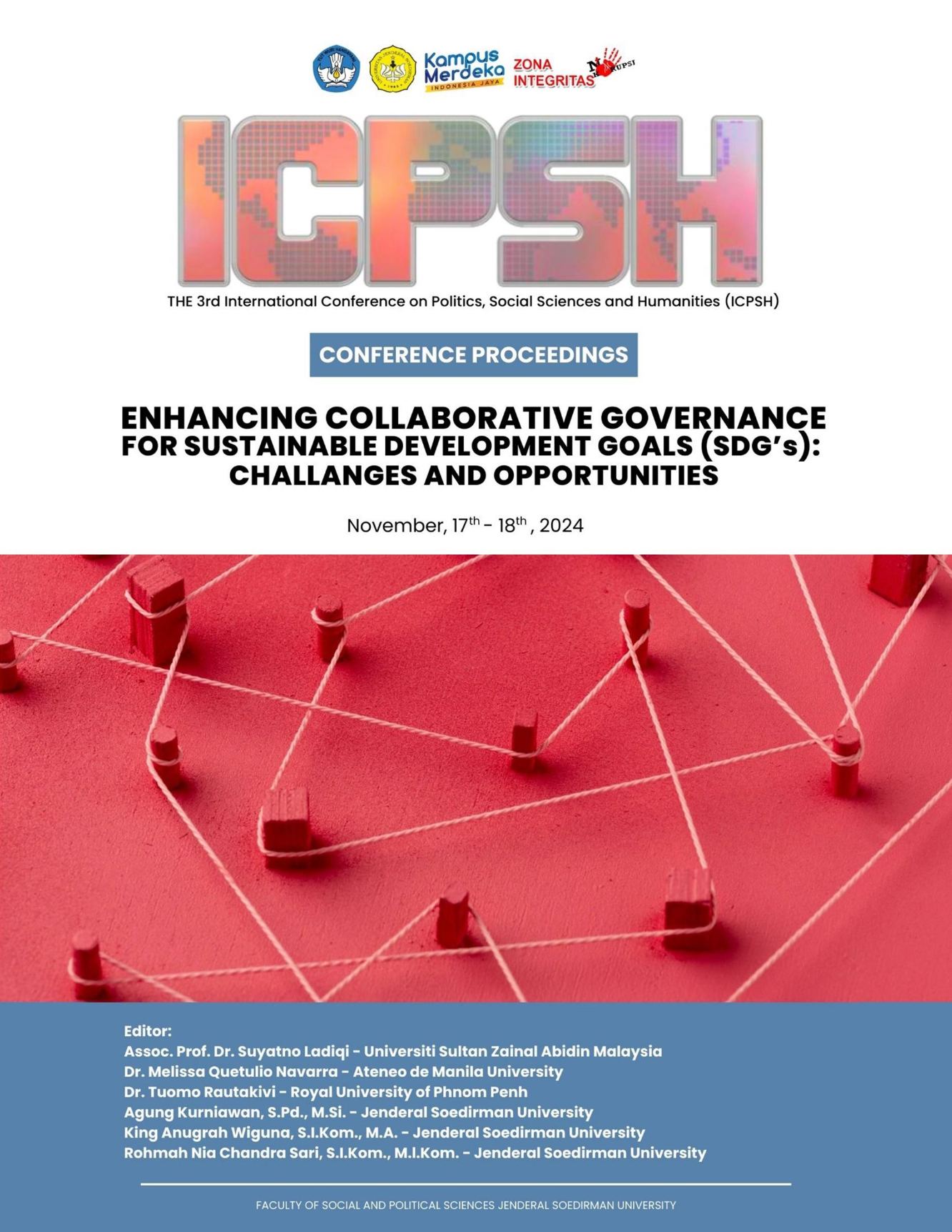The Effect of Economic Growth on Increased Household Waste in Semarang City
Abstract
The increasing pollution levels are one of the many problems related to nature and environmental
sustainability. Several cities in Indonesia have started to address the waste problem and seek solutions to
deal with it. One such city is Semarang, the capital of Central Java Province. Many factors contribute to the
increase in waste generation, including economic levels, city centers, industrial centers, low environmental
awareness, and education centers. The relationship between these elements shows an increase in the
amount of waste in Semarang. The city's economy is developing rapidly compared to other areas in Central
Java, even surpassing national growth. The Semarang City Government has implemented various waste
management models, such as waste banks and paid plastic bags. Despite these efforts, the government
has failed to address the problem adequately, without realizing that households are the largest
contributors to daily consumption. Data shows that women are the most involved actors in household
domestic activities related to waste sorting. This study was conducted using a mixed-method approach.
Public awareness of waste sorting from home by the community was found low before being transported
to the waste collection center. This is even though waste sorting plays an important role in reducing the
generation of accumulated waste, thereby contributing to environmental sustainability. Additionally, it
increases public awareness to actively participate in protecting the environment.



